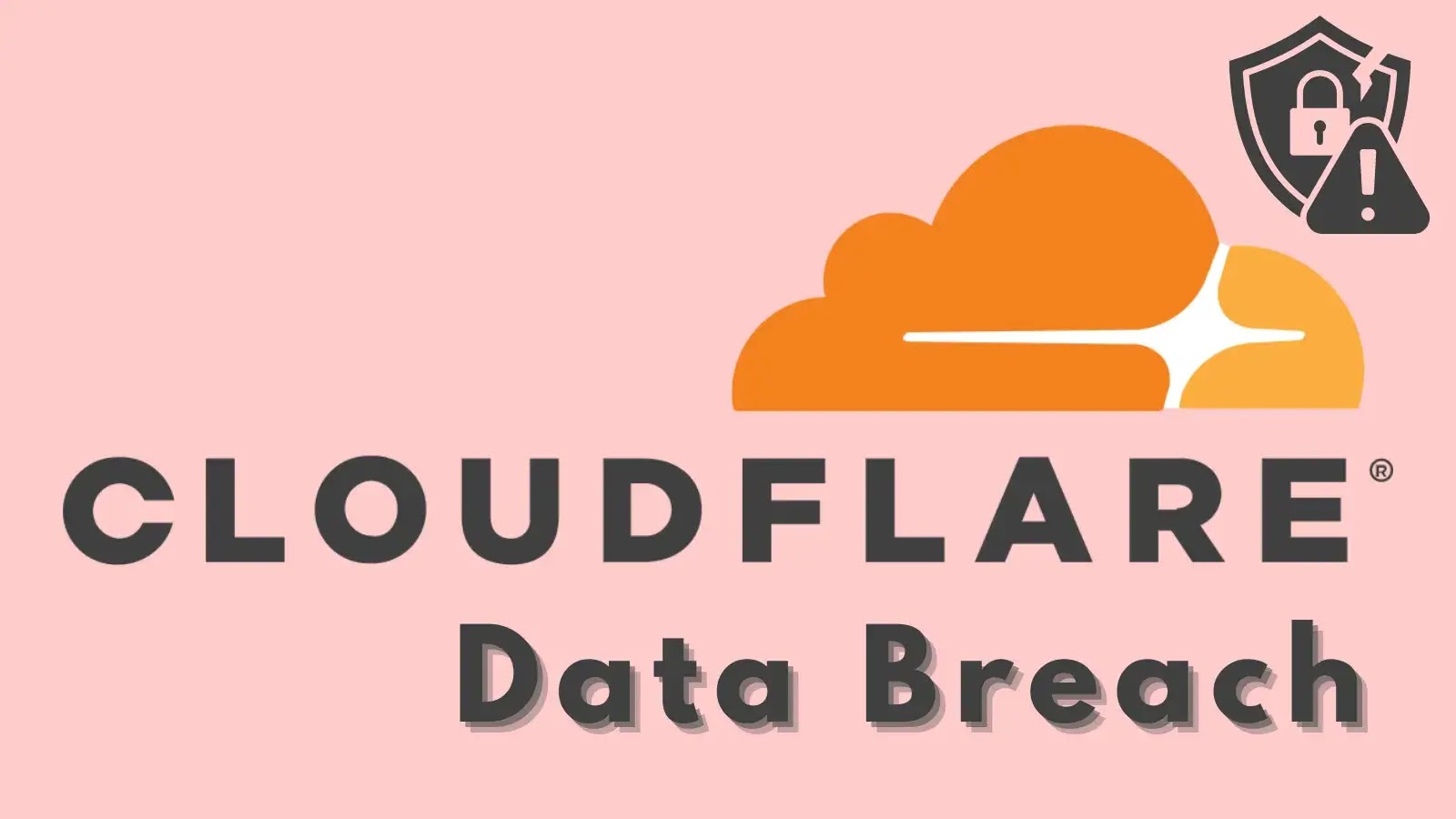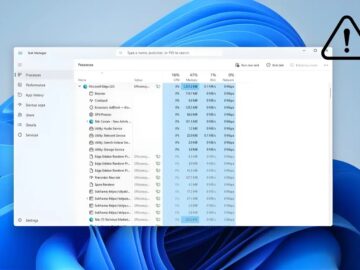WikiLeaks founder Julian Assange has been released from prison after reaching a deal with the U.S. government.
The agreement, announced early today, ends the long-standing legal battle between Assange and the U.S. authorities.
Terms of the Deal
Assange, 52, was arrested at the Ecuadorian embassy in London in April 2019 and has been held in Belmarsh prison since then.
He was facing extradition to the United States on charges related to WikiLeaks’ publication of classified U.S. military records and diplomatic cables in 2010 and 2011.
Under the terms of the deal, Assange has agreed to plead guilty to one count of conspiracy to commit computer intrusion, a charge that carries a maximum sentence of five years in prison.
Scan Your Business Email Inbox to Find Advanced Email Threats - Try AI-Powered Free Threat Scan
However, in a surprise move, the U.S. government has agreed to drop all remaining charges against him, including espionage charges that could have carried a sentence of up to 175 years in prison.
In exchange for his guilty plea, Assange will be released from prison immediately and allowed to return to his home in London.
He will also be required to cooperate with U.S. authorities in their ongoing investigations related to WikiLeaks.
Shift in U.S. Government Stance
The deal marks a significant shift in the U.S. government’s stance on Assange, who has been a thorn in the side of successive U.S. administrations.
The Obama administration had previously declined to prosecute Assange, citing concerns about the implications for press freedom.
However, the Trump administration had taken a harder line, with then-Attorney General Jeff Sessions stating that Assange’s arrest was a “priority.”
Assange’s supporters, who have long argued that he was being unfairly targeted for his role in exposing U.S. war crimes and human rights abuses, are hailing the deal as a major victory.“
This is a huge win for Julian and press freedom,” said WikiLeaks lawyer Jennifer Robinson. “We are thrilled that Julian will finally be able to return home and resume his life.”
The deal is also seen as a significant blow to the U.S. government’s efforts to prosecute Assange, which human rights groups and journalists around the world had widely criticized.
Reactions and Implications
Amnesty International, which had campaigned for Assange’s release, welcomed the news, saying it was “a long-overdue recognition of the need to protect freedom of expression and the right to information.”
Assange’s release is expected to spark a new wave of debate about the role of whistleblowers and the importance of protecting press freedom in the digital age.
As the world becomes increasingly interconnected and dependent on digital technologies, the question of balancing national security with the need for transparency and accountability will only likely become more pressing in future years.
Free Webinar! 3 Security Trends to Maximize MSP Growth -> Register For Free



